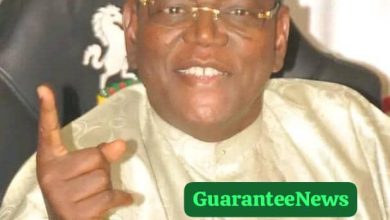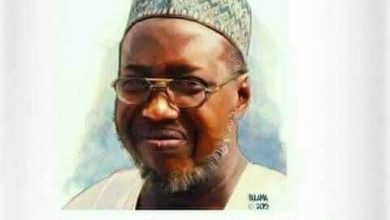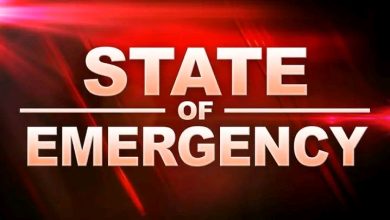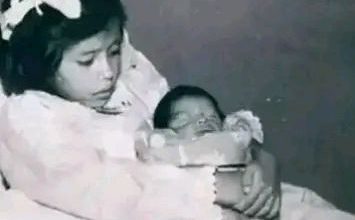HISTORY: Who is General Muhammadu Buhari?
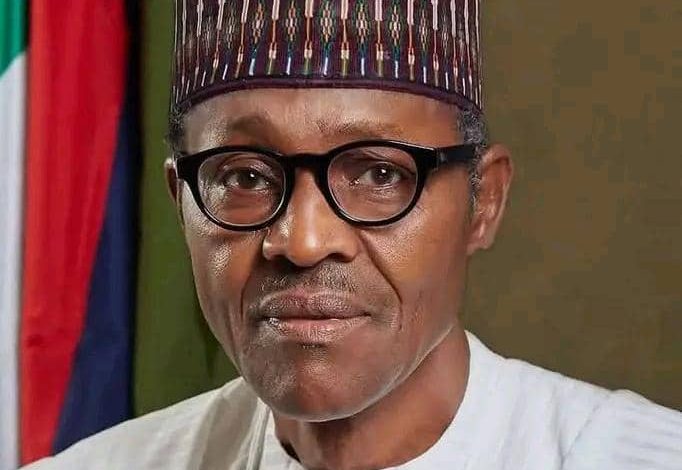
Hassan Turaki.
Muhammadu Buhari (born December 17, 1942, in Daura, Katsina State, Nigeria) is a Nigerian military officer and politician who served as Nigeria’s military Head of State (1983–1985) and later as democratically elected President (2015–2023). His career spans over six decades in both military and civilian public service.
Military and Government Roles Before Becoming Head of State;
- Joined the Nigerian Army: Buhari enlisted in the Nigerian Army in 1961, receiving training in Nigeria and abroad, including at the Mons Officer Cadet School (UK), Indian Military Academy, and the U.S. Army War College.
- Nigerian Civil War (1967–1970): He fought on the federal side during the Nigerian Civil War, rising in rank through the 1970s.
- Governor of North-Eastern State (1975–1976): After the coup that brought General Murtala Mohammed to power, Buhari was appointed Military Governor of North-Eastern State (covering present-day Borno, Yobe, Adamawa, Bauchi, Gombe, and Taraba States). He served in that role from August 1975 to March 1976.
- Federal Commissioner (Minister) for Petroleum and Natural Resources (1976–1978): Under the Olusegun Obasanjo military regime, Buhari was appointed as Federal Commissioner for Petroleum and Natural Resources. During this time, he also oversaw the creation of the Nigerian National Petroleum Corporation (NNPC) in 1977, becoming its first chairman.
- Head of Nigerian National Petroleum Corporation (NNPC): From 1977 to 1978, Buhari concurrently served as the first Chairman of the NNPC, playing a central role in the oversight of Nigeria’s oil sector.
- Major General and GOC: In the early 1980s, Buhari commanded the 3rd Armoured Division of the Nigerian Army, headquartered in Jos. His division was instrumental in border security operations, particularly against smuggling.
Military Head of State (1983–1985)
On December 31, 1983, Buhari came to power via a military coup that overthrew President Shehu Shagari’s civilian government, citing widespread corruption and mismanagement. His regime focused on:
•Anti-corruption campaigns
•War Against Indiscipline (WAI)
•Currency and economic control measures
•Austerity and import restrictions
However, his administration was also criticized for human rights violations, including harsh decrees limiting freedom of the press and civil liberties.
He was overthrown in a palace coup led by General Ibrahim Babangida on August 27, 1985, and subsequently detained for several years.
Return to Democracy and Civilian Presidency
- Presidential Runs: Buhari entered politics in 2003 and ran for president three times unsuccessfully (2003, 2007, and 2011).
- Elected President (2015–2023):
- Won the 2015 presidential election under the All Progressives Congress (APC), defeating incumbent Goodluck Jonathan.
- Re-elected in 2019, defeating Atiku Abubakar.
- His presidency emphasized anti-corruption, security, infrastructure development, and agricultural reform.
- Faced major challenges, including worsening insecurity (e.g., banditry, Boko Haram, farmer-herder clashes), economic recession, and public protests (e.g., #EndSARS).
- End of Tenure: Buhari completed his second term on May 29, 2023, and handed over power to President Bola Ahmed Tinubu.

